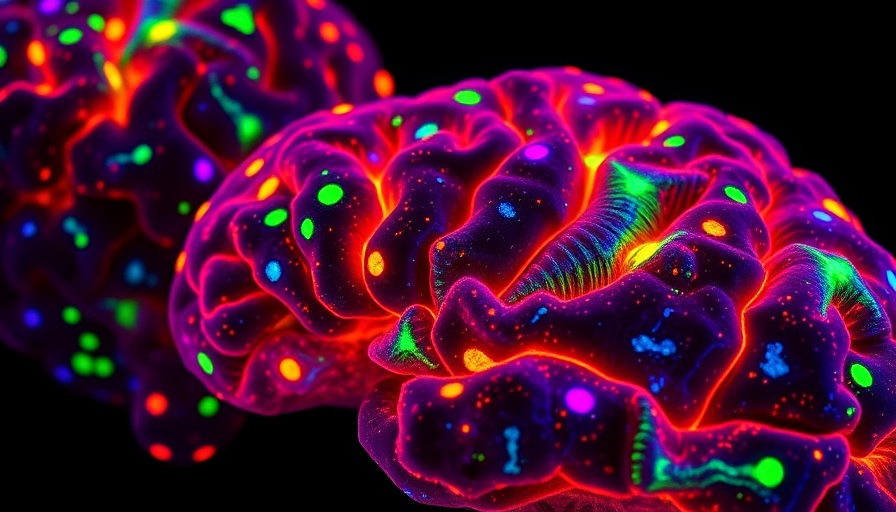
Understanding the Link Between PTEN and Autism
This recent study explores the connection between PTEN gene variants and increased levels of cerebrospinal fluid in the brain, shedding light on potential neurodevelopmental challenges faced by autistic individuals. Damage to the PTEN gene appears to significantly impact the growth of neural stem cells, leading to congenital hydrocephalus, a condition characterized by an abnormal buildup of fluid in the brain. With evidence indicating a strong association between PTEN mutations and autism, it emphasizes the critical role that this gene plays not just in brain structure but also in functionality.
The Role of Cerebrospinal Fluid
Traditionally viewed as a protective buffer for the brain, cerebrospinal fluid might have more active participation in brain development than previously understood. According to Hyun Kyoung Lee, a pediatric and neurology professor, this study positions cerebrospinal fluid as a possible regulator of brain dynamics, suggesting that its excess could lead directly to autism-related features.
Implications for Treatment
Current treatment approaches, such as shunting to alleviate hydrocephalus, tend to focus on reducing fluid levels but fall short of addressing the underlying neurological disparities caused by PTEN loss. As Bryan Luikart notes, even with normal fluid levels, the absence of PTEN leads to significant changes in neuronal population and function, rendering traditional methods inadequate for improving autism traits.
Future Directions in Autism Research
The findings of this study align with growing evidence revealing how genetic factors contribute to autism. The emphasis on PTEN highlights new avenues for research, potentially paving the way for targeted therapies that could offer a more precise approach to treating individuals on the spectrum. Research initiatives focusing on the interplay between specific genetic markers and their physiological outcomes will be crucial for future autism clinical trials.
Steps for Parents to Take
For parents navigating the complexities of autism, being informed is vital. Engaging with recent findings, advocating for thorough genetic testing when applicable, and initiating early interventions can potentially yield better outcomes for their children. Furthermore, exploring behavioral therapies and cognitive research will empower families to make informed decisions regarding their child's development.
Conclusion: Staying Informed for Better Outcomes
With emerging understandings of how PTEN variations impact brain fluid levels and subsequent autism development, it’s clear that ongoing research is essential. For those with autistic children, keeping abreast of advancements in autism research can facilitate necessary interventions and support systems, enhancing both understanding and advocacy.
 Add Row
Add Row  Add
Add 




Write A Comment